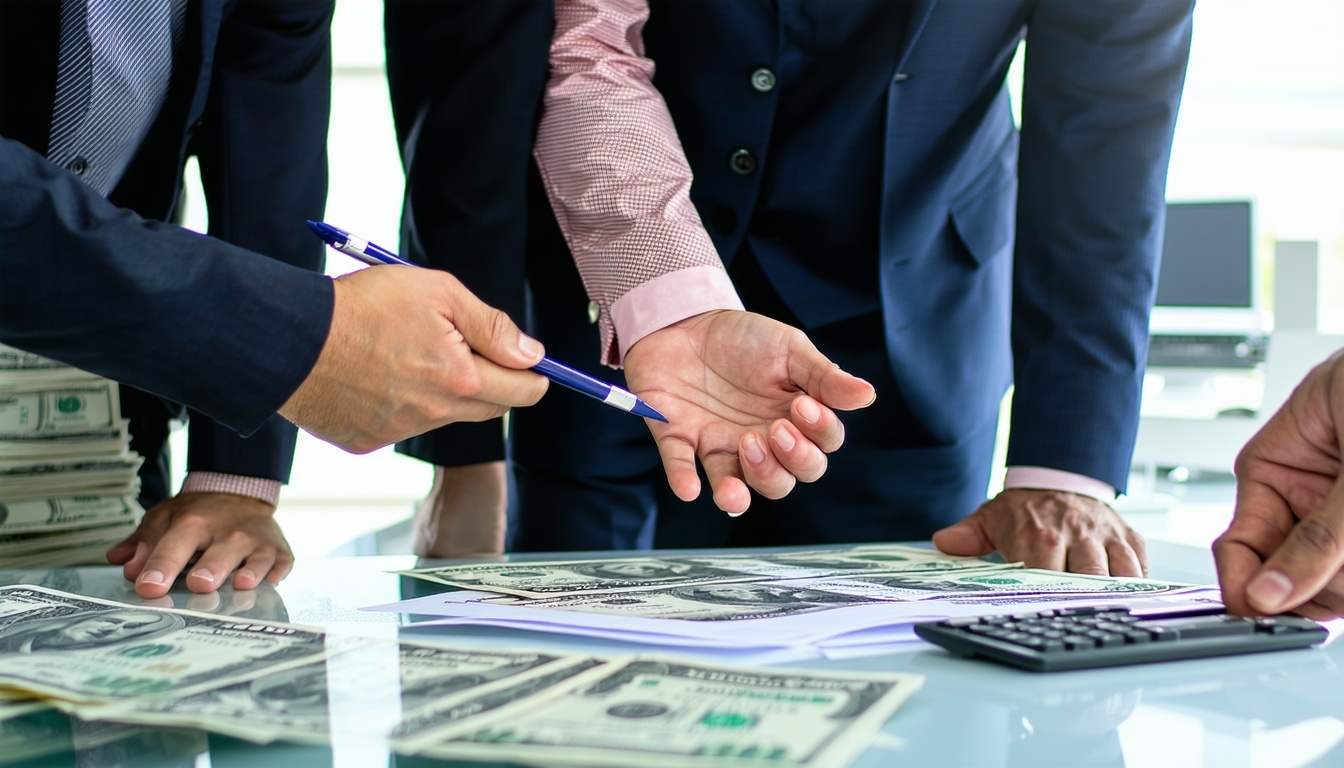The Financial Advantages of Leasing vs. Purchasing Equipment
When acquiring equipment, one of the biggest decisions is whether to lease or purchase. While owning assets has its perks, leasing often offers more financial flexibility—especially for small or growing businesses. Let’s break down the key financial advantages of leasing vs. purchasing equipment so you can make the smartest choice for your bottom line.
✅ Featured Snippet Answer:
What are the financial advantages of leasing equipment vs. purchasing?
Leasing offers lower upfront costs, predictable payments, tax benefits, and easier upgrades—making it more cash-flow friendly than purchasing.
Why Leasing Is Often the Smarter Financial Move
💰 1. Lower Upfront Costs
Purchasing equipment usually requires a significant capital outlay or large down payment. Leasing requires little to no money upfront, preserving working capital.
💰 2. Predictable Monthly Payments
Lease agreements provide fixed monthly costs, which helps with budgeting and reduces financial surprises.
Tip: Some leases even offer seasonal or deferred payment structures to match your revenue cycles.
💰 3. Improved Cash Flow
Because leasing doesn’t drain your bank account, you can keep more capital available for payroll, marketing, or expansion.
💰 4. Tax Deductions
With an operating lease, you can typically deduct 100% of your lease payments as a business expense. Capital leases may also qualify for Section 179 deductions.
💰 5. Access to Newer Technology
Leasing allows you to upgrade to newer equipment more frequently, which is especially valuable in fast-evolving industries like tech, healthcare, and manufacturing.
💰 6. Less Risk of Obsolescence
When you own, you’re stuck with the asset—even if it becomes outdated. With leasing, you can return or upgrade at the end of the term.
Leasing vs. Purchasing: Financial Comparison
| Feature | Leasing | Purchasing |
|---|---|---|
| Upfront Cost | ✅ Low or none | ❌ High down payment |
| Monthly Cash Flow Impact | ✅ Lower, predictable | ❌ Higher payments or debt |
| Tax Benefits | ✅ Lease payments deductible | ✅ Depreciation & Section 179 |
| Asset Ownership | ❌ No (unless buyout) | ✅ Full ownership |
| Obsolescence Risk | ✅ Can upgrade or return | ❌ Risk of owning outdated gear |
| Balance Sheet Impact | ✅ Often off-balance-sheet | ❌ Asset/liability recorded |
When Purchasing Might Make More Sense
While leasing has major financial perks, buying may be better if:
-
You plan to use the equipment for 5+ years
-
The equipment has a high resale value
-
You have excess capital and want to build equity
-
You qualify for aggressive tax credits through ownership
Final Thoughts: Choose Based on Long-Term Financial Strategy
Leasing helps your business stay agile, manage cash flow, and access the latest tools with minimal financial strain. Purchasing offers long-term equity and control but requires a larger up-front investment.
The best option? Choose the one that supports your financial goals, industry dynamics, and cash flow reality.
Take Action: Run the Numbers Before You Commit
Not sure whether leasing or buying is right for you?
Use an equipment cost comparison tool or consult a financing expert to evaluate which option supports your growth plan and financial health.











